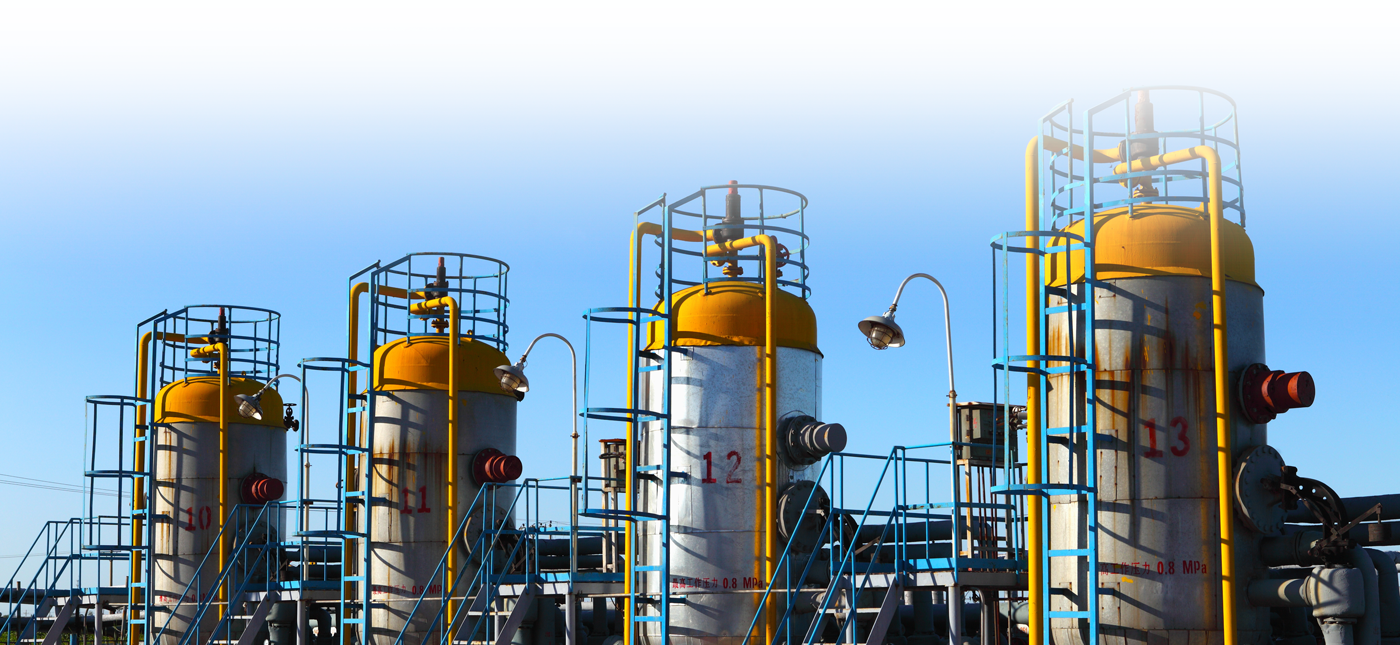Compressor Vibration
Vibrations in Reciprocating Machinery and Piping Systems
Paper No. 68
J. C. Wachel/J. D. Tison, 23rd Turbomachinery Symposium, Texas A&M University, September 13-15, 1994 .
A wide variety of vibration and failure problems occur in reciprocating machinery and piping systems. Excessive piping vibration problems usually occur when a mechanical natural frequency of the piping system or compressor manifold system is excited by a pulsation or mechanical excitation source. Since reciprocating compressors and pumps generate high pulsation levels at numerous harmonics, which in turn produce shaking forces, vibration and failure problems in these systems are common. Other problems, not associated with the piping, can be encountered with the compressor/engine frame foundation and anchoring systems. These can lead to failures of the bearings and crankshaft. In addition, special problems can occur due to the torsional natural frequencies and the high harmonic torques, due to the compressor loading. Whenever high vibrations are encountered in reciprocating compressors, pumps and/or piping, it is necessary to determine if the vibrations and dynamic stresses are acceptable. Criteria to judge the acceptability of the vibrations are presented in this paper, along with troubleshooting methods to determine if the problems are caused by pulsation or mechanical resonances. The basic principles of pulsation generation and control are presented. The key to designing and operating safe piping systems is to control the pulsation levels and separate the mechanical natural frequencies from the pulsation excitation frequencies.
